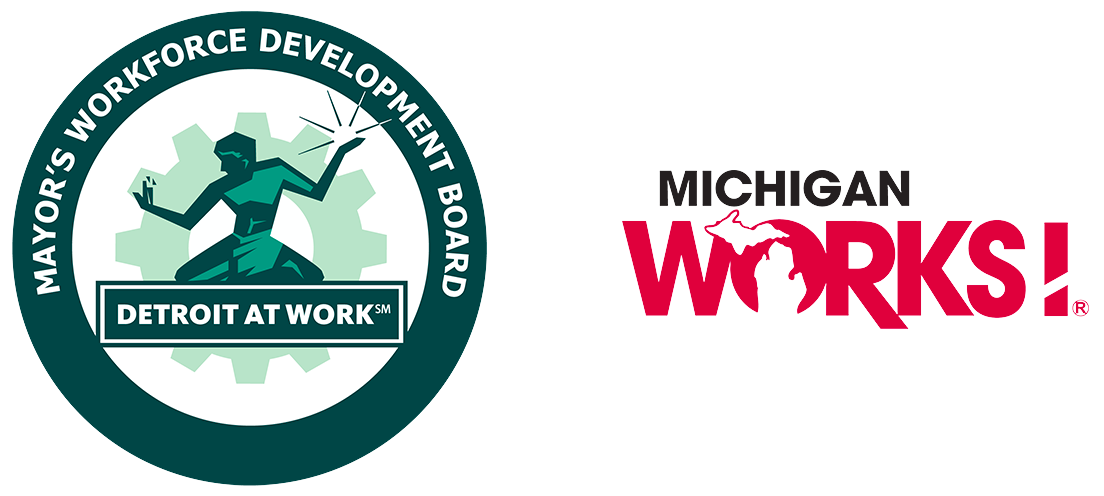Detroit Employment
The number of Detroit residents employed increased steadily from 2014-2019 to a high of 231,504. The COVID-19 pandemic caused sharp drops in employment across the nation, but Detroit’s economy rebounded and as of December 2022 the City was less than 4,000 jobs short of the pre-pandemic peak.
Detroit Unemployment
As of November 2022, the unemployment rate in Detroit was 3 percentage points lower than in 2019 and 11 percentage points lower than in 2014. At the height of the COVID-19 pandemic, 21% of Detroiters were experiencing unemployment, but a strong recovery has led Detroit to a 22-year low unemployment rate of 6.4% in November 2022.
Data: Local Area Unemployment Statistics, Bureau of Labor Statistics
Employment Rate of the Population
A higher percentage of Detroiters are currently employed than before the COVID-19 pandemic.
Data: Local Area Unemployment Statistics, Bureau of Labor Statistics
Employment Rate Takeaway
93% of Detroit residents are currently employed, up from 82% in 2014. This figure surpasses employment rates for Detroiters before the COVID-19 pandemic, which left many residents without jobs.
Poverty Rate of the Population
Detroit’s poverty rate has been trending downward since 2014.
Data: American Community Survey, 2014 and 2021 1-Year Estimates
Poverty Rate Takeaway
Increasing employment among Detroiters is critical to reducing poverty in Detroit. We will need to employ residents to alleviate poverty, while also assisting those who currently employed and in poverty on their path towards a sustainable career.
Education and Employment
Evidence continues to demonstrate that obtaining postsecondary education correlates to improved employment outcomes for Detroiters.
Data: American Community Survey, 1-Year Estimates, Detroiters, Ages 25-64
Education and Employment Takeaway
Census data from 2021 shows that Detroiter who have degrees or credentials beyond high school are more likely to be in the labor force and employed than their peers. Providing educational and training opportunities beyond a high school degree or GED is critical to improving employment outcomes, and thereby increasing economic security and prosperity in Detroit. Initiatives created by the Mayor’s Workforce Development Board are moving the needle on educational attainment for Detroiters.
